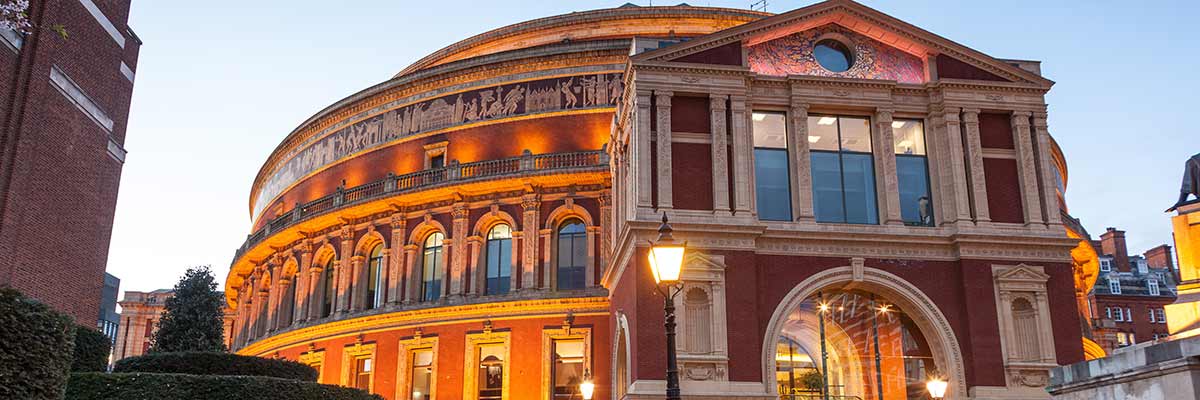One of the world’s greatest classical music festivals, BBC Proms 2011, has begun. Are you one of the lucky few that has managed to book coach holidays to this fabulous event? If so, make sure you tinkle those ivories and take along your Union Jack. To coincide with this fabulous musical extravaganza, we could quite easily cherry-pick some of the other great classical concerts due to take place at some point during the year but we thought we’d be a little different! Instead we are going to take a look at some of, who we consider to be, the world’s greatest composers and see if we can provide you with some interesting facts about them so check this out…
1. Beethoven
Ludwig van Beethoven was born in Bonn in 1770, he moved to Vienna in his early twenties and settled there studying with Joseph Haydn. Each of his nine symphonies is completely different from the previous one. He demanded the very best and this is shown through the many thousands of pages of musical sketches. He had no wife or family of his own. He was deeply religious. He hated tyranny but was no political activist. Beethoven gained a reputation as a virtuoso pianist. His hearing began to deteriorate in the late 1790s but he continued to compose, conduct and perform even though he became completely deaf!
twenties and settled there studying with Joseph Haydn. Each of his nine symphonies is completely different from the previous one. He demanded the very best and this is shown through the many thousands of pages of musical sketches. He had no wife or family of his own. He was deeply religious. He hated tyranny but was no political activist. Beethoven gained a reputation as a virtuoso pianist. His hearing began to deteriorate in the late 1790s but he continued to compose, conduct and perform even though he became completely deaf!
2. Chopin
Born in Poland in 1810, Fryderyk Chopin was a child prodigy and was considered
by many to have been a self-taught pianist. His playing was in great demand among the aristocracy of Warsaw. He had a Polonaise published when he was 7 years old, he played for the unpopular Grand Duke Constantin at the age of 10 and the Tsar when he was 15. After the Warsaw Uprising, he left Poland for good, making his French debut at the Salle Pleyel. Chopin disliked the publicity & pressure of large concerts so he turned to teaching music where he made a fine living.
3. Handel
George Frideric Handel was born in Halle, Central Germany and was lured from his intended career in law by music! He had his first opera produced in Hamburg
before he reached the age of 20. His passion for opera led him to Italy where he produced some of his most brilliant works to date including Dixit Dominus, Agrippina and La Resurrezione. He became a British citizen in 1727. He composed four anthems for the coronation of George II.
4. Mendelssohn
Felix Mendelssohn was born in 1809. He came from a happy & privileged
background in Berlin. From the age of 11 he composed a quantity of piano & chamber music, concertos, little operas and a dozen symphonies for strings. He spent three years travelling around Europe. He used the spirit of the places he visited in works such as the Italian and Scottish Symphonies and the overture The Hebrides. He was never really happy with his own works, holding back before presenting them to the public. His music was banned by the Nazis.
5. Mozart
Wolfgang Amadeus Mozart was born in Salzburg in 1756. His father, recognising his son’s musical talent, took him on performing tours throughout Europe. By the
age of 16, Mozart had three operas performed in Milan. It is thought that the constant travelling contributed to his lifelong ill-health. He moved to Vienna where he embarked a career as a freelance composer, pianist and teacher. His greatest operatic masterpieces were The Marriage Of Figaro, Don Giovanni and Cosi Fan Tutte. He died in December 1791 soon after the premiere of his final opera, The Magic Flute.
Have you been to The Proms? What did you enjoy or dislike about the experience? Get in touch with us as we’d love to hear from you!

